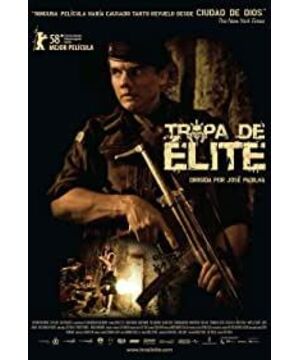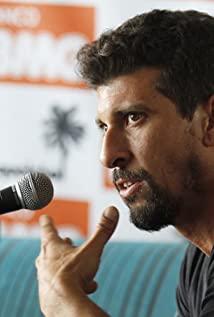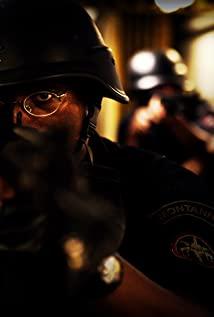The film shows Brazil’s constant pains in democratic reforms since the enactment of the eighth constitution in Brazil’s history in 1988, facing the dark side of the inevitable laws and crimes in the democratic process, just as the director himself said: “The film wants It shows that when the game is played under the current rules, no one can be the real winner.” The audience can see in the film that even the police with a deep sense of justice will discriminate against the middle class and the top power. Fearing in the face of misunderstandings, the decent middle class in the film is an alliance of drug dealers. The laws formulated by the top power are also more convenient for drug dealers and corrupt police to take advantage of the loopholes. In this case, the judicial power must fight against vicious criminal crimes. Violence can only be controlled by violence. Of course, these views are based on the director’s political stance, and they are still unbiased. However, under the existing administrative and judicial framework in Brazil, the power of justice is full of despair and powerlessness, which is also an indisputable fact.
In order to allow the audience to counteract the anti-violence caused by violence in the movie, the whole film is full of self-deprecating and happy feelings unique to the South American nation. Throughout the text, realistic descriptions and black humor are used to portray the game between justice and evil and the real dilemma. The ambivalent mentality of the police under the concept of justice. At the beginning of the film, there are line subtitles: The film is adapted from the narratives of 12 police officers and a psychiatrist from the Rio de Janeiro Police Department, reminding the audience that the following plots are derived from heavy reality. But as soon as I entered the opening scene of the movie, what sounded was the very happy Brazilian gang RAP-Dandos Mountain,not intrusive, the contrast between the two is very interesting
.()










